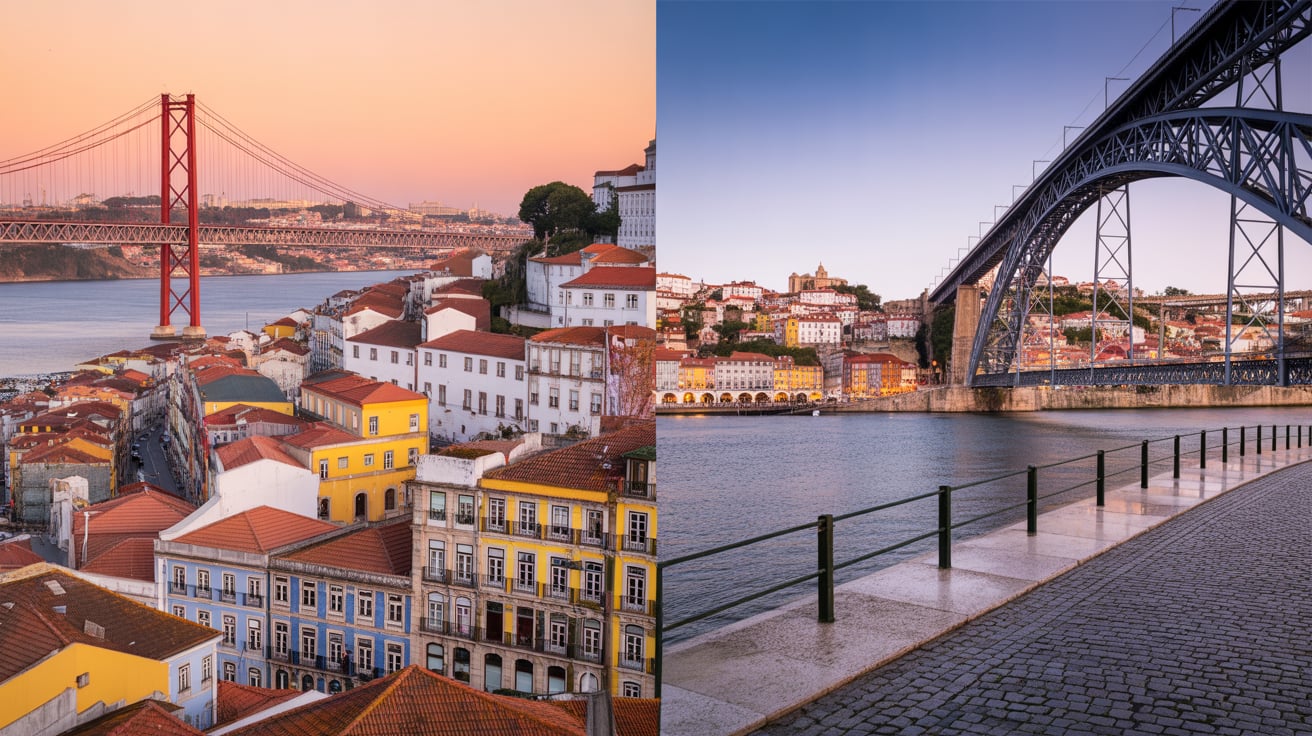Tourist taxes in Portugal’s top cities—Lisbon and Porto—have increased, putting them among Europe’s most expensive destinations for nightly levies. This blog explores why the change happened, what travelers need to know, and how this trend reflects a wider European shift in sustainable tourism funding.
Portugal’s Rising Tourist Taxes: What Every Traveler Needs to Know
Portugal, long celebrated for its charm and affordability, is now seeing a shift in travel costs, especially in Lisbon and Porto. These two iconic cities have officially climbed the ranks among the most expensive in Europe for tourist taxes. So, what does this mean for travelers heading to Portugal in 2025?
How Much Are You Paying Now?
If you’re staying overnight in Lisbon, expect to pay €4 per night per person. In Porto, the rate is €3 per night. These charges apply to guests aged 13 and older for up to seven consecutive nights. Cruise passengers visiting Lisbon also face an added €2 fee upon disembarkation.
Why Are These Cities Increasing Tourist Taxes?
The primary reason is sustainability. Lisbon and Porto have both experienced booming tourism, which, while boosting the economy, also puts pressure on infrastructure. Revenues from tourist taxes go toward:
Preserving historical landmarks
Expanding public services
Upgrading local transport
Managing waste and environmental impact
Since 2016, Lisbon has generated over €260 million through these taxes. Porto, following its tax since 2018, has also seen impressive year-over-year revenue growth—a 42% increase in 2024 alone.
How Do They Compare to Other European Cities?
Although Portugal’s fees have risen, cities like Amsterdam still top the list with taxes nearing €18.45 per night. Athens, Berlin, and Rhodes also surpass Portugal’s rates.
This trend reflects a broader European movement. Tourist taxes are no longer rare—they’re the norm. Cities use them to ensure tourism remains sustainable, safe, and beneficial for both visitors and locals.
Is This the End of Affordable Travel to Portugal?
Not at all. Portugal still offers value-packed experiences. These taxes might add a few euros to your nightly rate, but consider it a contribution to a better, more enjoyable travel experience.
Plus, families with young children benefit: Kids under 13 are exempt from the tax.
The Debate: Fair Funding or Travel Barrier?
While some welcome the tourist tax as a fair contribution to the upkeep of local services, others worry it could deter budget-conscious travelers.
Portugal’s tourism officials are now debating whether the system needs simplification—perhaps even nationwide standardization—to avoid confusion caused by varying rates across cities.
Planning Ahead: What Can You Do as a Traveler?
Check your accommodation’s website for updated tax info
Use booking platforms that show all fees upfront
Balance your itinerary with less-visited cities or day trips to minimize stay costs.s
Travel off-season when rates and crowds are lower
Pro Tip: Always confirm whether your accommodation charges the tourist tax at booking or on arrival—this can affect your travel budget planning.
Final Thoughts:
Rising tourist taxes in Lisbon and Porto aren’t a penalty—they’re an investment in the future of travel. By contributing to local development, tourists become part of a system that ensures Portugal stays beautiful, functional, and welcoming.
So while the cost may have risen, the experience—and its long-term benefits—are well worth it.
.

